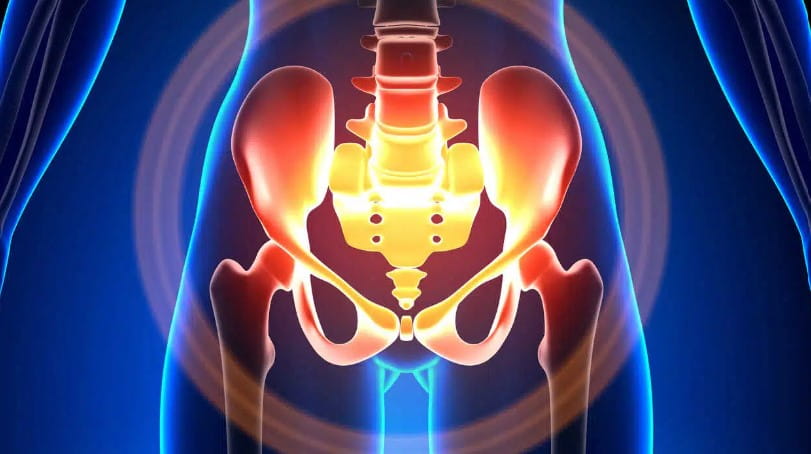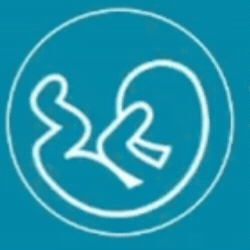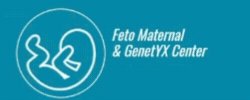INVASIVE
PRENATAL TESTING
Invasive procedures are procedures designed to obtain samples from the placenta (CVS), amniotic fluid (amniocentesis) and fetal blood (cordocentesis) for analysis.
Such procedures are offered when babies are thought to have an increased risk of having a chromosomal or genetic disorder such as sickle cell, cystic fibrosis or thalassemia.
Sickle Cell Diseases
These are a group of inherited health conditions that affect the red blood cells.
It produces unusually shaped red blood cells which cannot live as long as healthy blood cells and can cause blockages in the blood vessels.
It is most common in people with an African or Caribbean background.
Thalassaemia
Thalassaemia describes for a group of conditions that can be inherited and affect a the haemoglobin in the blood.
As a result the body produces either too little or no haemoglobin, for carrying oxygen around the body causing anaemia
It predominantly affects people of Mediterranean, South Asian, Southeast Asian and Middle Eastern origin.
Cistic Fibrosis
Cystic fibrosis is another inherited condition that causes a build-up of mucus in the lungs and digestive system, causing infections on the lung and problems digesting food.
Carrier screening for CF is offered to all women planning to get pregnant or are already pregnant. Both partners must be carriers for a fetus to have CF.
At 11 to 14 weeks
With ultrasound guidance, a fine needle is inserted through the mother’s abdomen into the placenta and a small placental sample (chorionic villi) is collected for analysis.
Available after 15 weeks
With ultrasound guidance, a fine needle is inserted through the mother’s abdomen into the amniotic sac and a sample of amniotic fluid is collected and sent to the lab.
Available from 18 weeks
With ultrasound guidance, a needle is passed through the mother’s abdomen and a sample of the baby’s blood is taken from the cord.
In addition to the indications mentioned above, this test is important if the mother is in the rhesus negative blood group.








RECENT BLOGS

Pregnancy and Bladder Control: Understanding and Managing Incontinence
Many expectant mothers experience bladder control issues during pregnancy. This guide offers insights on causes, symptoms, management strategies, and when to seek medical advice.

Pelvic Floor Dysfunction: Causes, Symptoms, and Treatments
Explore the comprehensive guide on pelvic floor dysfunction, including its causes, symptoms, diagnostic methods, and treatment options. Read real patient stories and understand the long-term benefits and risks of pelvic floor therapy.

Fetal Development: A Week-by-Week Guide for Expecting Mothers in Dubai
This blog outlines the week-by-week stages of fetal growth, from fertilization to birth. Learn how your baby develops during pregnancy and how to access prenatal care in Dubai.

Natural Birth vs. C-Section: An In-Depth Guide to Making the Best Choice for Your Delivery
Deciding between natural birth and C-section is a major choice for expectant mothers. This guide explores the pros and cons of each option, covering recovery, risks, and benefits to help you make an informed decision for your delivery.





